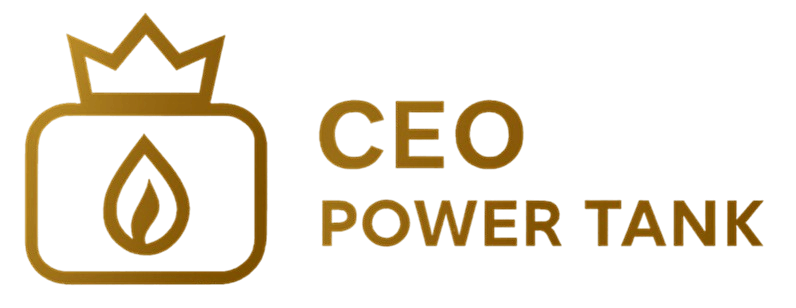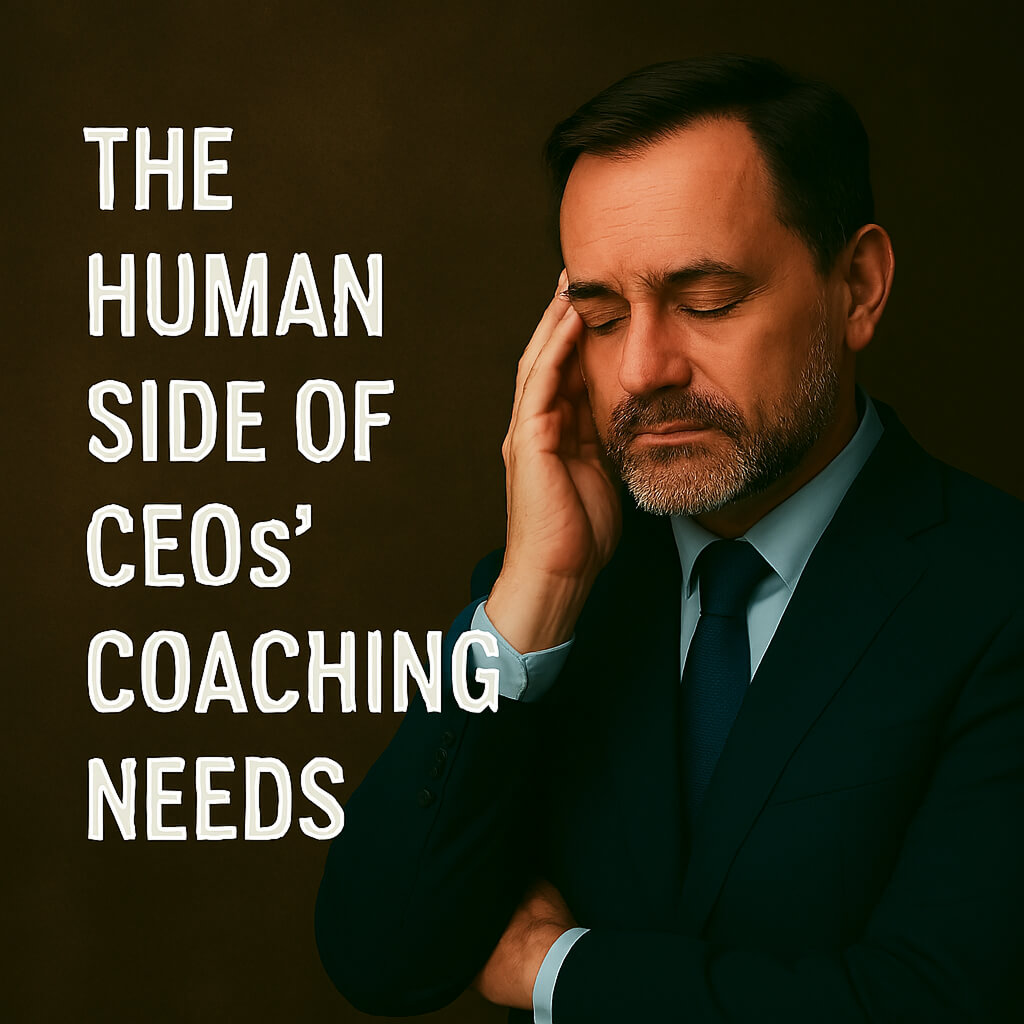Last week, I had the privilege of speaking to a group comprising first-time CEOs and CEOs-to-be at a privately organized conference.
I focused on the often-overlooked human aspects of why coaching is essential for those at the top.
In this challenging business environment, amid economic downturns, CEOs undoubtedly need support in navigating complexity, strategic planning and innovation, talent management and succession planning, digital transformation and cybersecurity, ethical leadership and corporate social responsibility, cultivating leadership resilience, work-life balance, and well-being. These are common areas where coaching is crucial.
However, I addressed coaching needs from a human perspective.
CEOs, despite their positions, are human.
They face unique challenges that require more than just strategic and operational guidance.
Here’s why CEOs are increasingly turning to coaching:
🧠 Identifying Blind Spots:
Every leader has blind spots, as everyone does, because no one can see what’s on their own back. Blind spots are areas that leaders are unaware of but are crucial to their success.
I can humbly say that for nearly every CEO I have coached, I have pinpointed at least 1-2 significant things they were not aware of but were critical to their business, key high-potential talents, organizational culture, or decision-making.
Some leaders even experienced cold sweats when I presented these blind spots to them because if they continued that way, the impact could significantly damage their people and, consequently, their business.
Interestingly, in every scenario, we did not plan to identify blind spots. This means it’s not that we agreed in advance, “Okay, in today’s session, we are going to identify your blind spots.” Coaching doesn’t work like that.
Usually, when they have something in mind to speak about for each session, I listen to them, and while I am listening, I grasp something that doesn’t seem right. And then I pinpoint those things to them. As a result, they start becoming aware of those issues. So, it is totally spontaneous to identify their blind spots.
By pinpointing these critical areas, CEOs can make informed decisions that significantly impact their organizations and personal growth.
🚧 Overcoming Personal Barriers:
Often, leaders logically and rationally understand the direction they and their organizations need to head in and also know what actions they need to take, but they’re just not moving forward.
Why?
It’s because their personal barriers are hindering them. They know what they need to do, but they are just not able to do it. They are held back by personal barriers.
What causes personal barriers?
Everyone has life and work experiences, especially senior executives with decades of experience. We say “our history shapes us,” so whatever happened in the past significantly impacts them.
I have encountered some leaders who are still simply affected and mentally locked by mistakes they made 20 years ago. You can see that personal barriers are a big culprit in leadership effectiveness.
Coaching helps them address these internal obstacles, enabling them to move forward with confidence and clarity.
🤔 Getting Aware of Unconscious Biases:
Our brains process only a fraction of the information we receive, leading to unconscious biases that influence decision-making.
We receive 11 million bits of information every moment, and our brains can only process 40 bits. You can see that our brains are hugely overloaded. However, the brain has to deliver something to us because we are the master – our brain only serves us – then the brain has no choice but to make shortcuts in processing all the information.
That’s also how unconscious biases are caused.
Coaching helps leaders recognize and mitigate these biases, fostering more objective and effective leadership.
All the aspects we’ve been discussing are not intentional decisions made by any CEO. They are simply part of human nature or occur unconsciously.
The reality is, even though we may not be aware of them, they continuously impact our decision-making processes. Now, consider that CEOs are also subject to these influences.
🗣️ Seeking a Sounding Board:
Leadership can be isolating, especially for those at the top of the pyramid. CEOs often make high-stakes decisions with limited feedback.
Coaching provides a safe, confidential space to explore ideas, challenge assumptions, and gain valuable insights. This sounding board helps leaders clarify their thoughts and make better decisions.
💪 Emotional Support:
The pressure and responsibility of the CEO role can impact emotional well-being.
Coaching offers a supportive environment where CEOs can express feelings, vent frustrations, and build resilience. This emotional support is crucial for maintaining a positive mindset and managing stress.
In addition to addressing these human aspects, coaching also helps CEOs align with their core values, achieve work-life balance, and pursue long-term fulfillment.
It was an honor to share these insights with new leaders, emphasizing that even at the highest levels, the human side of leadership is what truly drives success. Remember, behind every great leader is a great coach (I’m not joking😐), helping them to see and reach their fullest potential.

